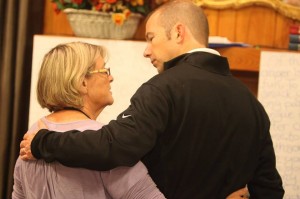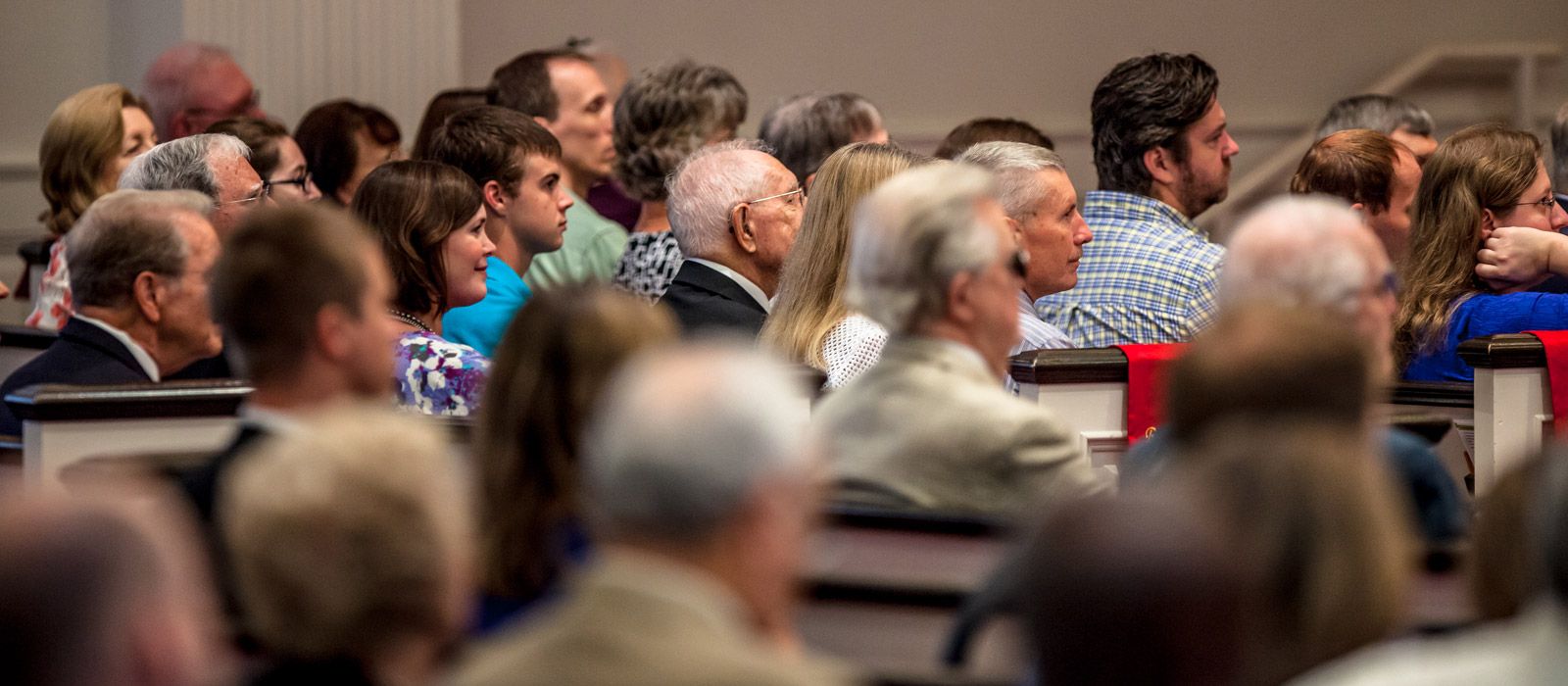Forgiveness
Last weekend, I had the great privilege of spending a weekend with Single Adults age 40+ and our Senior Adults. Luke Hinson and I led a retreat on God’s Forgiveness: Past, Present, and Forever.

Living with unforgiveness is like living behind a prison wall that you have built. While there, you become a prisoner trapped inside a building where they serve beverages of resentment and the skeletons of past regrets. As we drink the poison and eat the bones; however, we expect the unforgiven person to die while ignoring the fact that we’re only sabotaging ourselves.
We alone do not have the solution to fix our problem. Consider the world today. We are a generation of people living between two walls: the Berlin Wall and the West Bank Wall. One fell in 1989; the other was completed in 2003. One group chose freedom and reconciliation, the other separation and suicide bombs. Human willpower alone can’t overcome the problems that divide us. Only Jesus can.
After resurrection, Jesus came through a door and into a locked room with fearful disciples and showed them his scars. He breathed on them the Holy Spirit and gave them the tool of forgiveness. By trusting in him, we hold the key that unlocks the door of our hearts and those of others. Through his forgiveness and healing, people are set free, lives are changed, and we are reconciled.
The late Lewis Smedes wrote a powerful book entitled Forgiveness: Healing the Hurt We Don’t Deserve. He shares several principles about forgiveness. I want to share them with you.
- The most creative power given to human spirit is the power to heal the wounds of a past it cannot change.
- We do our forgiving alone inside our hearts and minds; what happens to the people we forgive depends on them.
- The first person to benefit from forgiving is the one who does it.
- Forgiving happens in three stages: We rediscover the humanity of the person who wronged us, we surrender our right to get even, and we wish that person well.
- We forgive people only for what they do, never for what they are.
- We forgive people only for wounding and wronging us; we do not forgive people for things we do not blame them for.
- We cannot forgive a wrong unless we first blame the person who wronged us.
- Forgiving is a journey; the deeper the wound, the longer the journey.
- Forgiving does not require us to reunite with the person who broke our trust.
- We do not forgive because we are supposed to; we forgive when we ready to be healed.
- Waiting for someone to repent before we forgive is to surrender our future to the person who wronged us.
- Forgiving is not a way to avoid pain but to heal pain.
- Forgiving is done best when it is done intolerantly.
- Forgiving someone who breaks a trust does not mean that we give him his job back.
- Forgiving is the only way to be fair to ourselves.
- Forgivers are not doormats; to forgive a person is not a signal that we are willing to put up with what he does.
- We do not excuse the person we forgive; we blame the person we forgive.
- Forgiving is essential; talking about it is optional.
- When we forgive, we set a prisoner free and discover that the prisoner we set free is us.
- When we forgive we walk in stride with the forgiving God.
You hold the key. Unlock the door. Jesus is waiting just beyond the walls.

